Dear Creators, we are proud to announce an amazing affiliate program for you to earn some serious and continual cash. Read about our affiliate progarm here.
Caros criadores, temos o orgulho de anunciar um incrível programa de afiliados para vocês ganharem muito dinheiro de forma contínua. Leia sobre nosso programa de afiliados aqui.
Florida v. Riley | 5-4
Go-go-gadget surveillance state! In this case the Court holds that cops can hover a helicopter over your house and peer into it without a warrant. That set a new standard for the Fourth Amendment - namely that it doesn't really exist, and if you wanted privacy then you should have been richer. <br> <br>Follow Peter (@The_Law_Boy), Rhiannon (@AywaRhiannon) and Michael (@_FleerUltra) on Twitter. <br> <br>If you're not a Patreon member, you're not hearing every episode! <br> <br>To get exclusive Patreon-only episodes, discounts on merch, access to our Slack community, and more, join at patreon.com/fivefourpod. <br> <br>________________ <br>ABOUT THE CASE from https://www.oyez.org/ <br> <br>Facts of the case <br>Michael Riley lived in a mobile home situated on five acres of rural land in Florida. Riley owned a greenhouse that was located behind his home; from the ground, the contents of Riley’s greenhouse were shielded from view by its walls and the trees on his property. In 1984, the Pasco County Sheriff’s office received a tip that Riley was growing marijuana on his property. The investigating officer tried to see into the greenhouse from the ground but could not, so he circled in a helicopter at 400 feet and saw what he believed to be marijuana growing inside. Acting on this information, the investigating officer obtained a search warrant, searched the greenhouse, and found the marijuana. Riley was charged with possession of marijuana. <br> <br>Riley filed a motion to suppress the evidence obtained in the search. The trial court granted his motion and held that viewing his property from the air violated Riley’s reasonable expectation of privacy. The District Court of Appeal of Florida, Second District, reversed the trial court’s decision and denied Riley’s motion to dismiss the evidence. The appellate court also certified the case to the Supreme Court of Florida, which reinstated the trial court’s order to suppress the evidence. <br> <br>Conclusion <br>Justice Byron R. White delivered the opinion for the 5-4 majority. The Court held that Riley had no reasonable expectation of privacy in this case because anyone could view Riley’s property from a helicopter flying in navigable airspace and figure out what was inside. The police officer did not enter Riley’s land or interfere with it in any way. Furthermore, the manner in which he was flying the helicopter was well within the law; therefore, the police officer was within his rights to view Riley’s property from the air. The Court determined that the police action in this case did not violate Riley’s Fourth Amendment rights. <br> <br>Justice Sandra Day O’Connor filed a concurring opinion in which she cautioned the majority against relying on the fact that the helicopter was flying within Federal Aviation Administration (FAA) regulations. She argued that the FAA regulations were meant to promote air safety and did not protect citizens’ Fourth Amendment rights. <br> <br>Justice William J. Brennan, Jr. wrote a dissenting opinion in which he argued that, like the police activities in Katz v. United States, the officer’s actions in this case violated Riley’s reasonable expectation of privacy. Justice Thurgood Marshall and Justice John Paul Stevens joined in the dissent. In his separate dissent, Justice Harry A. Blackmun argued that the burden of proving that a defendant lacks a reasonable expectation of privacy should rest with the state.


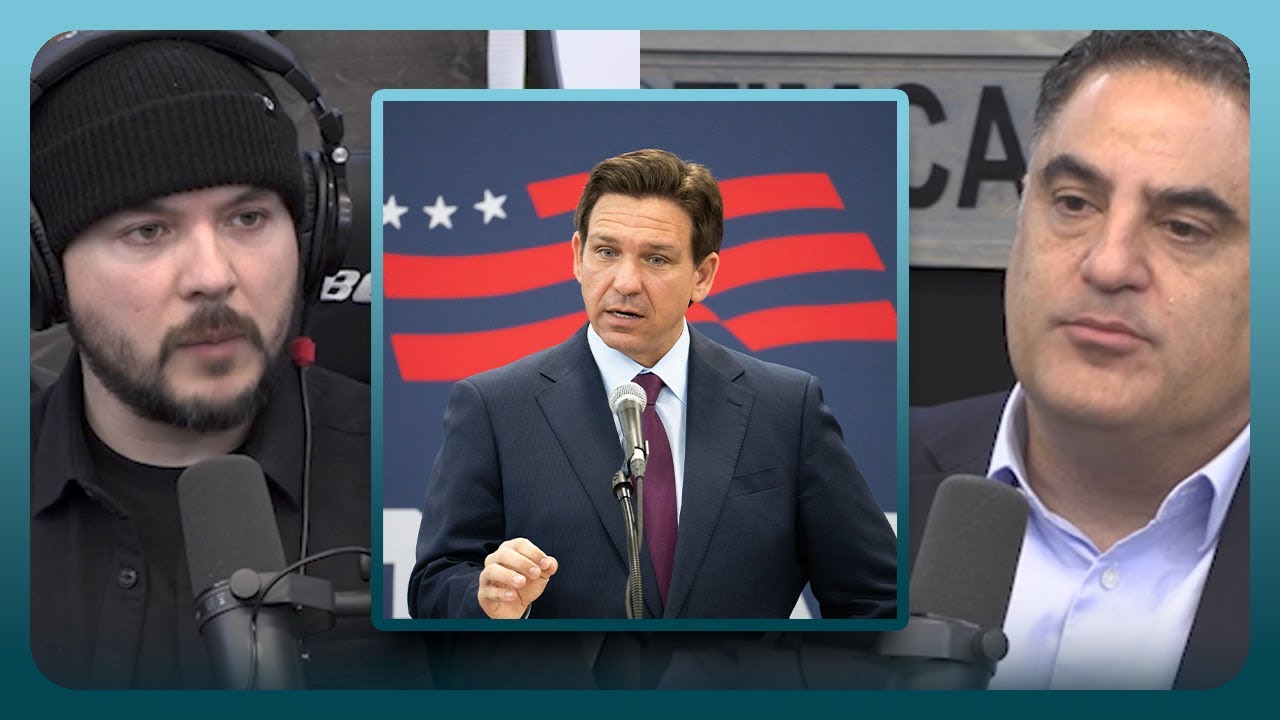
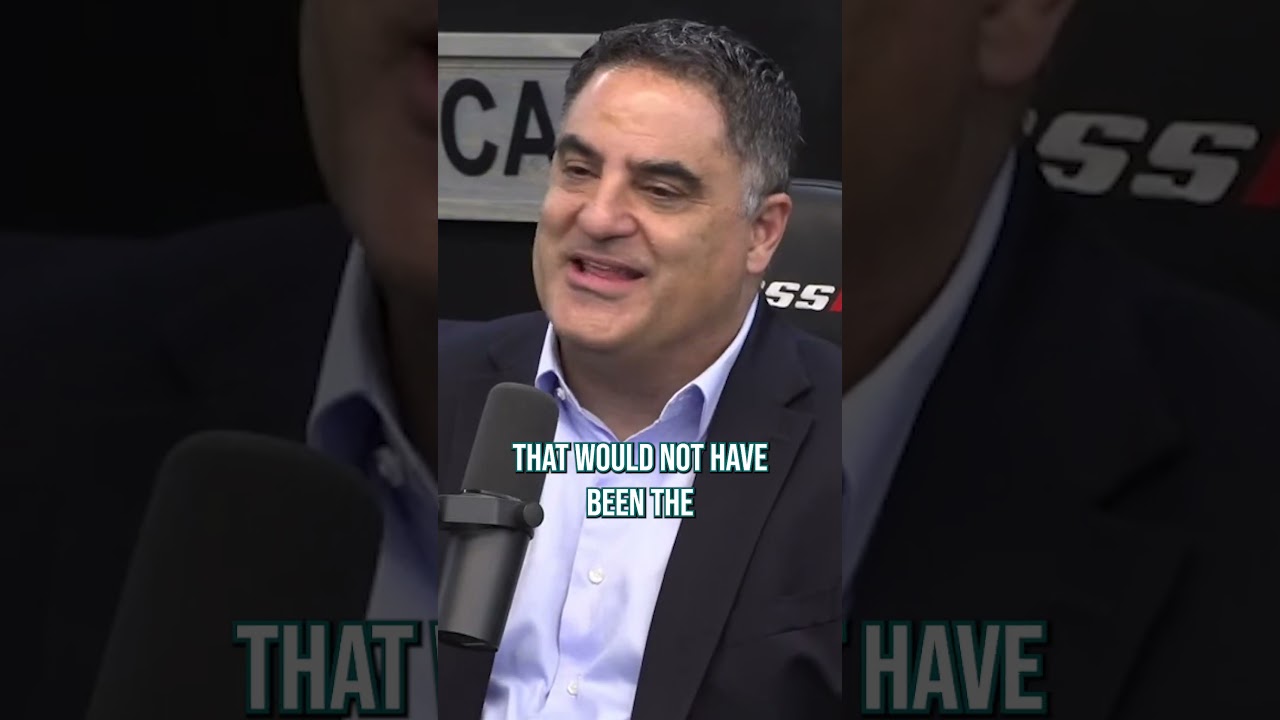



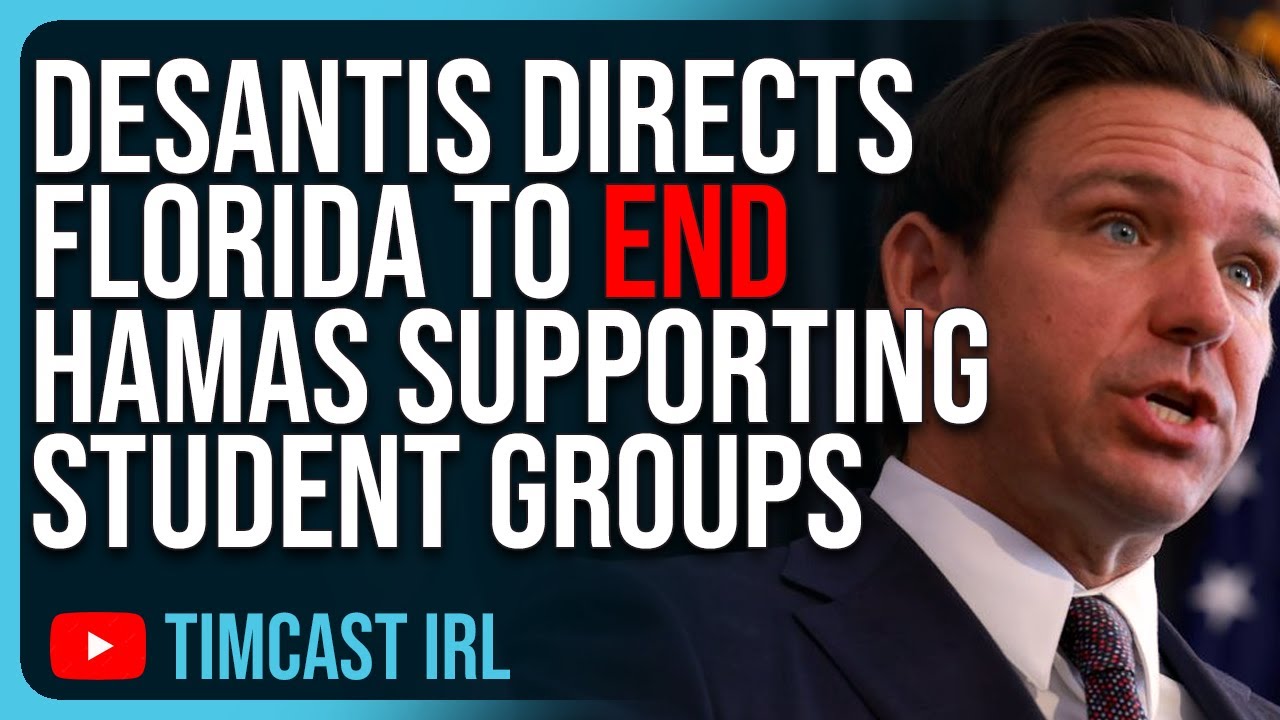
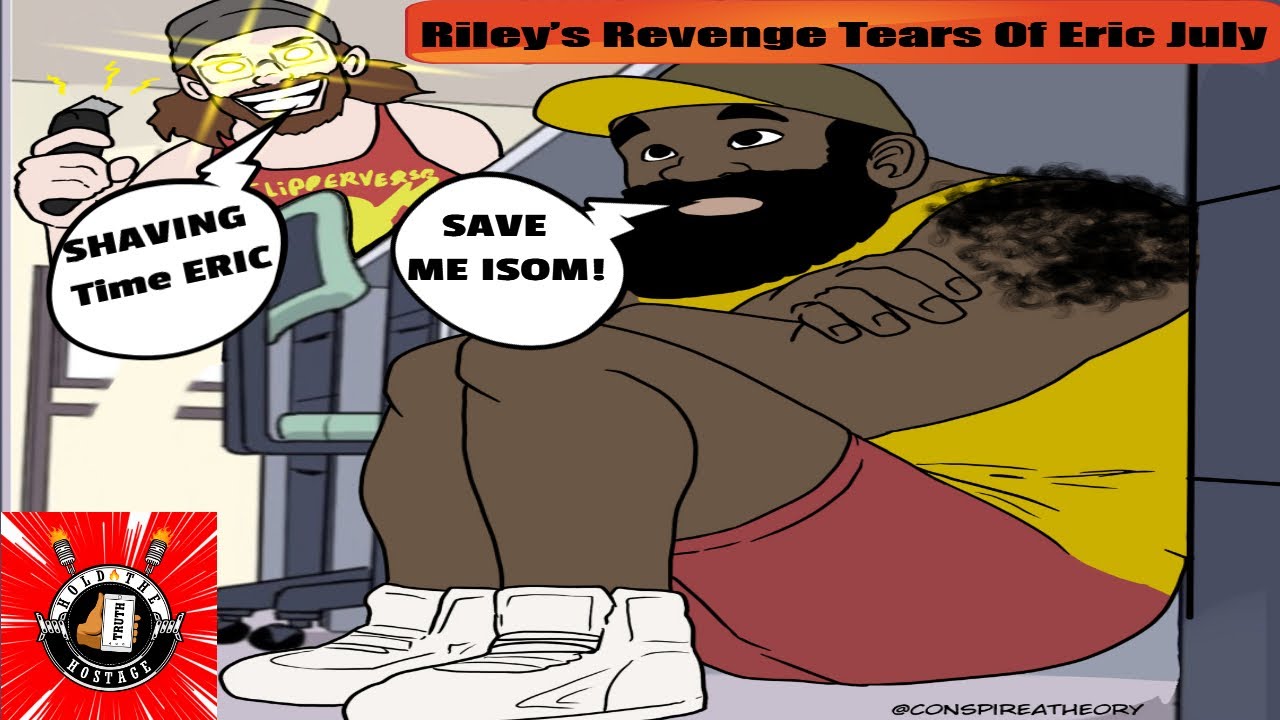

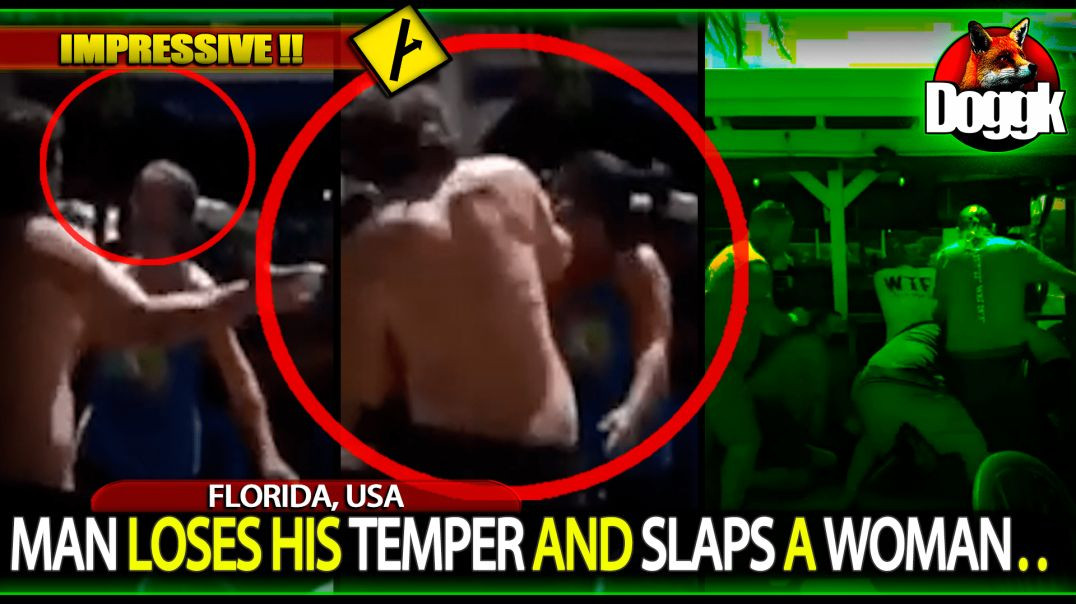
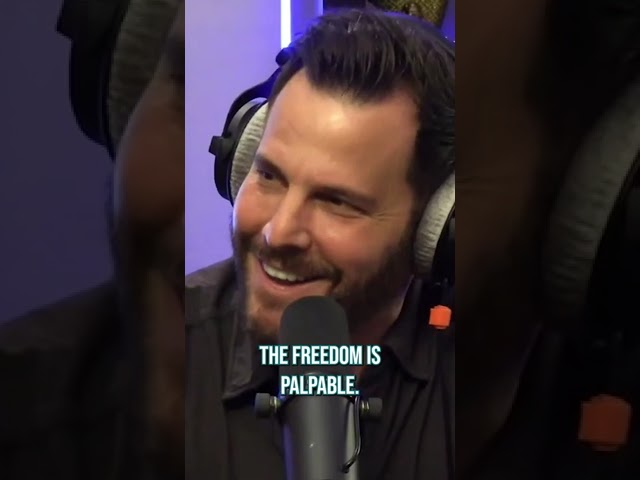
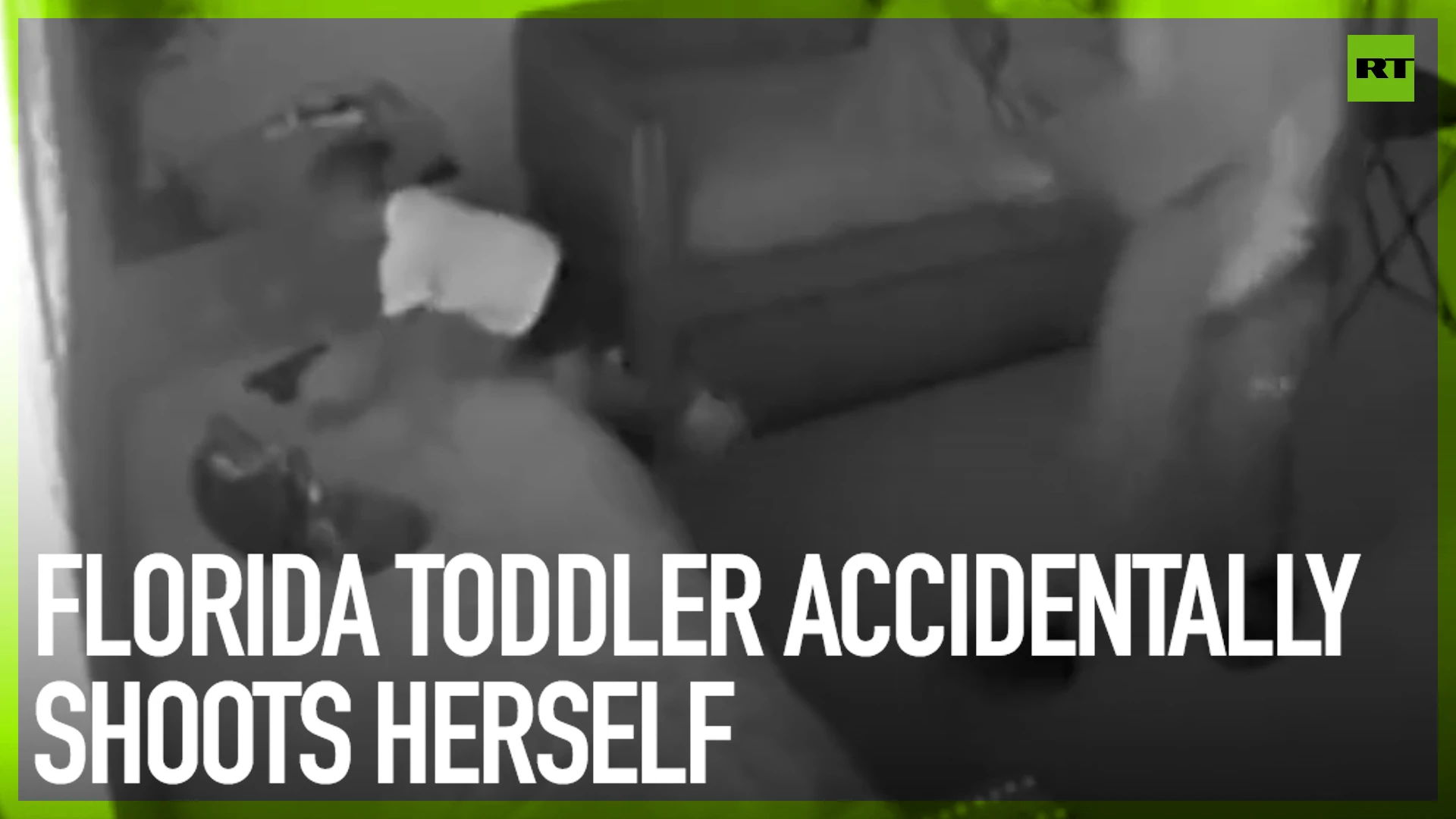
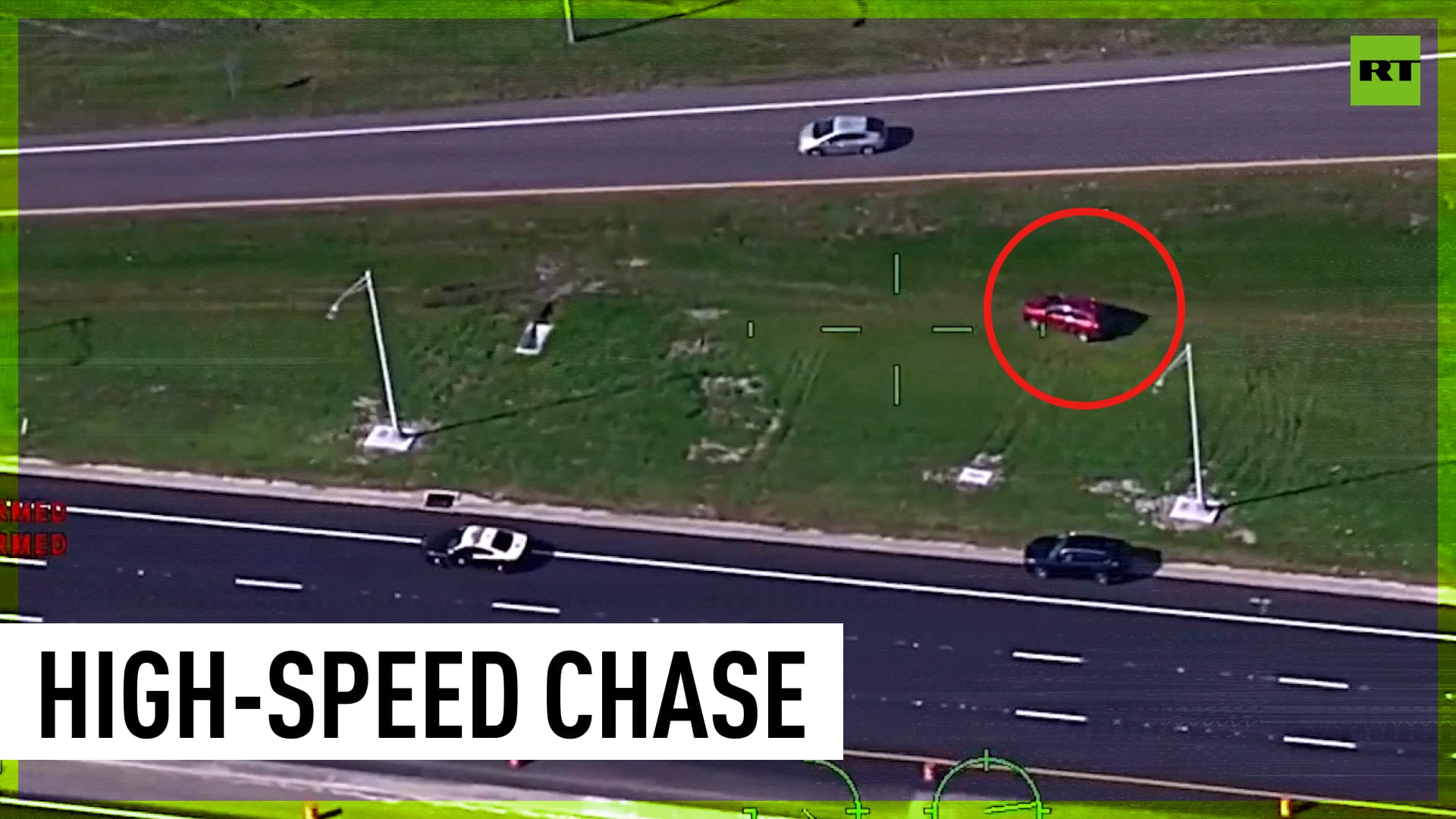
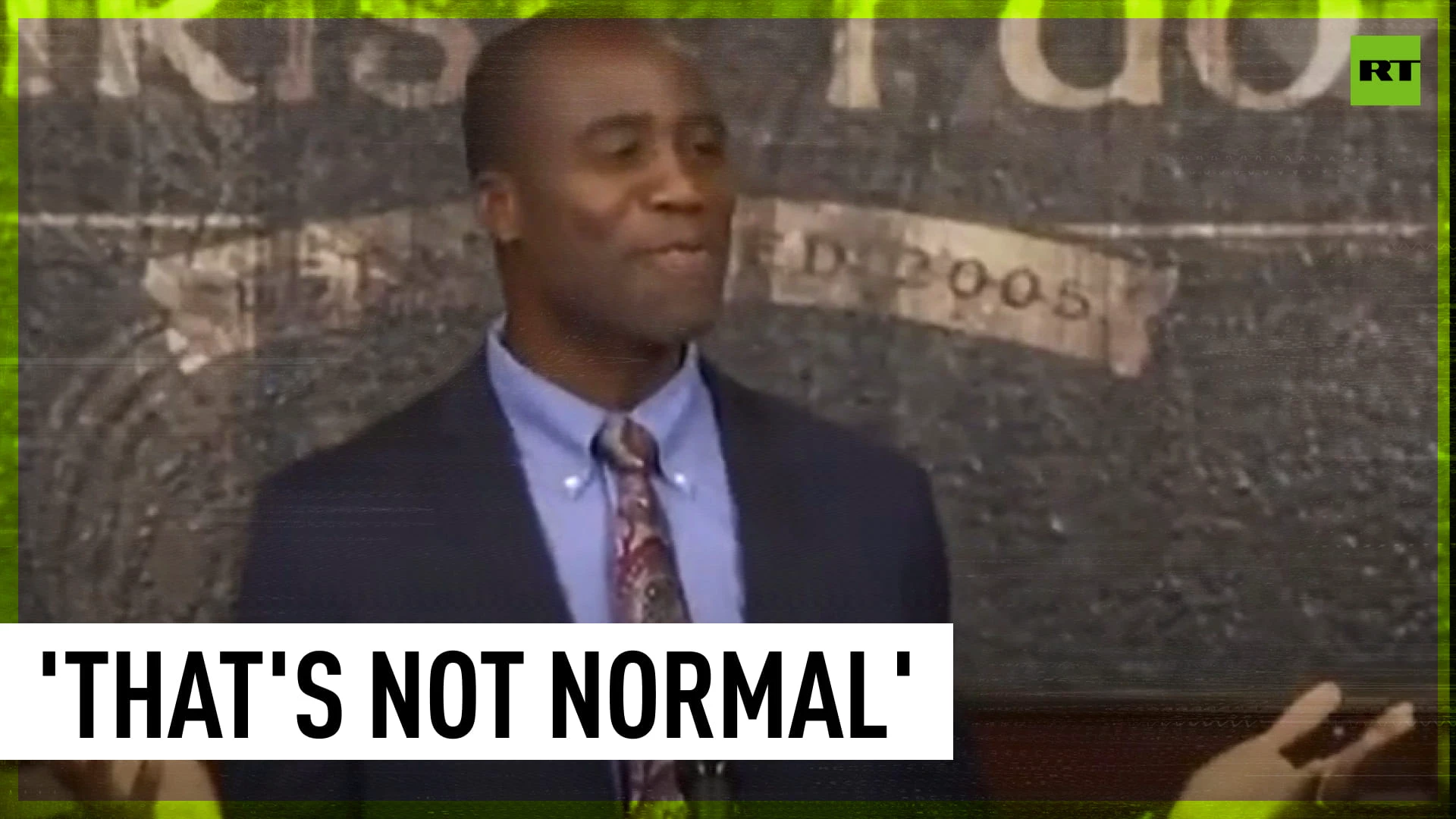

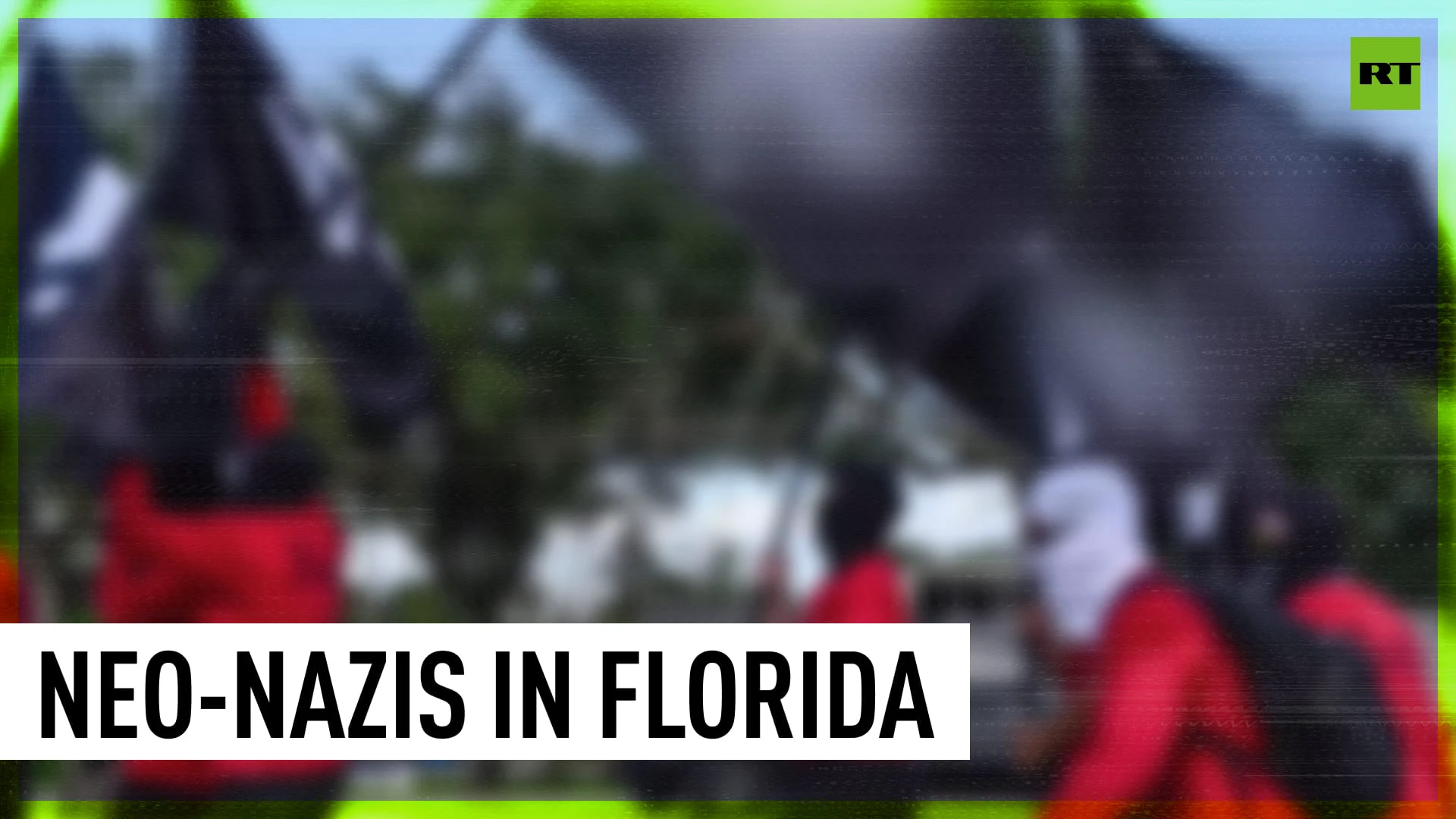

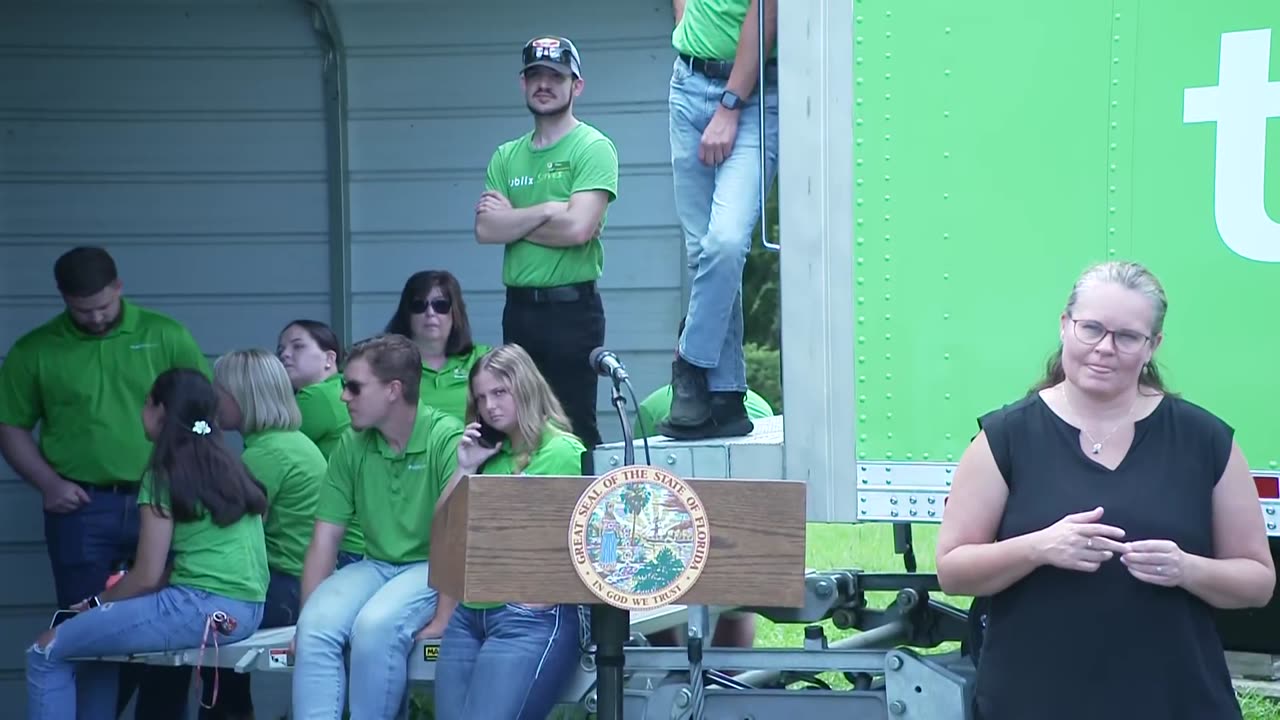
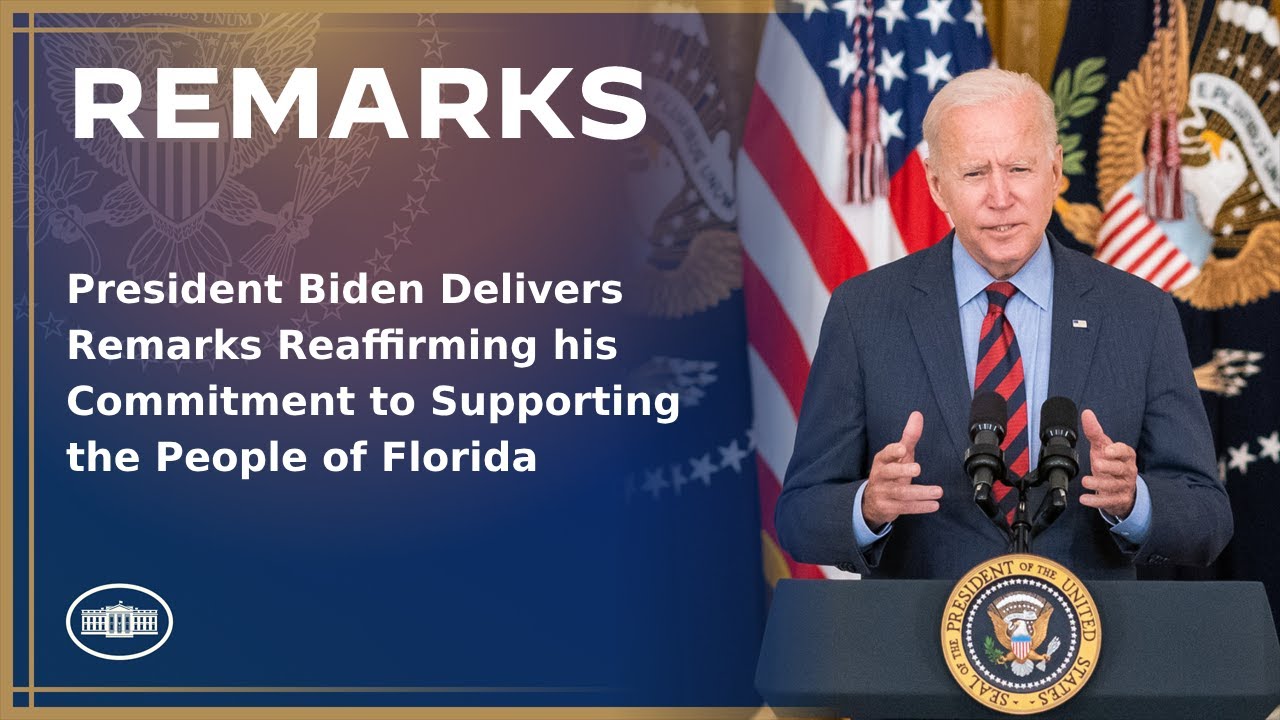
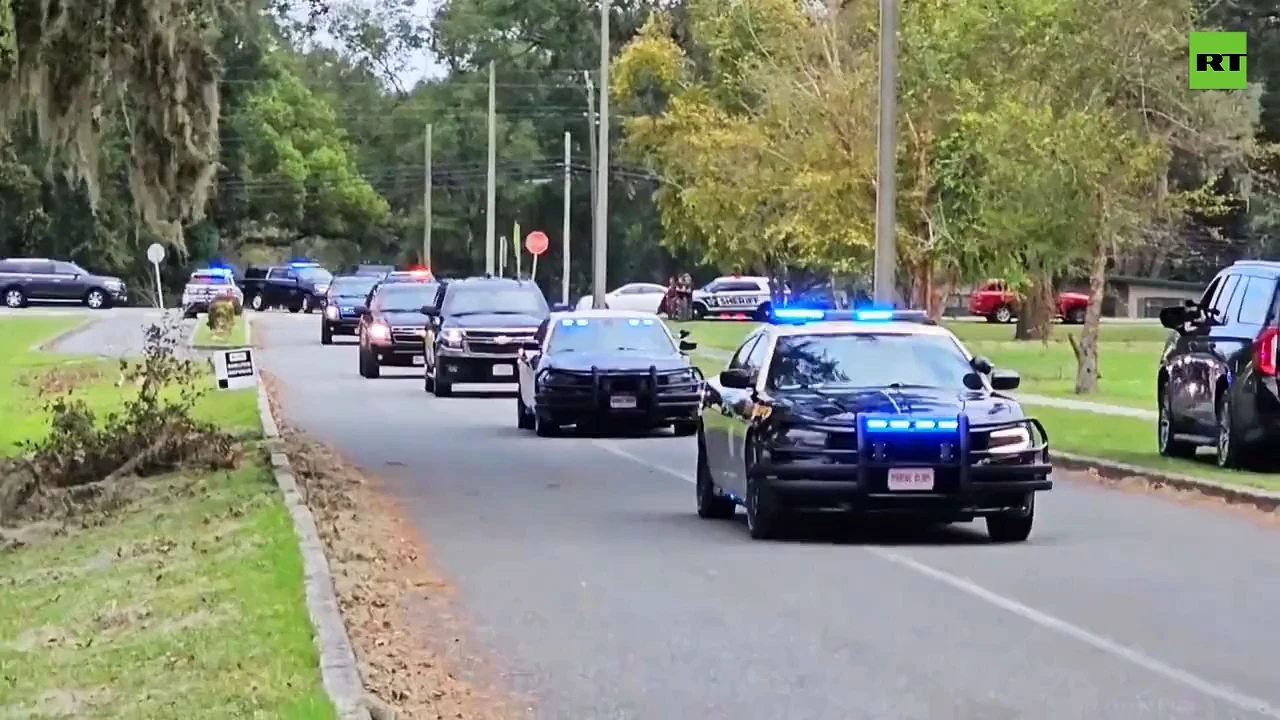


SORT BY-
Top Comments
-
Latest comments